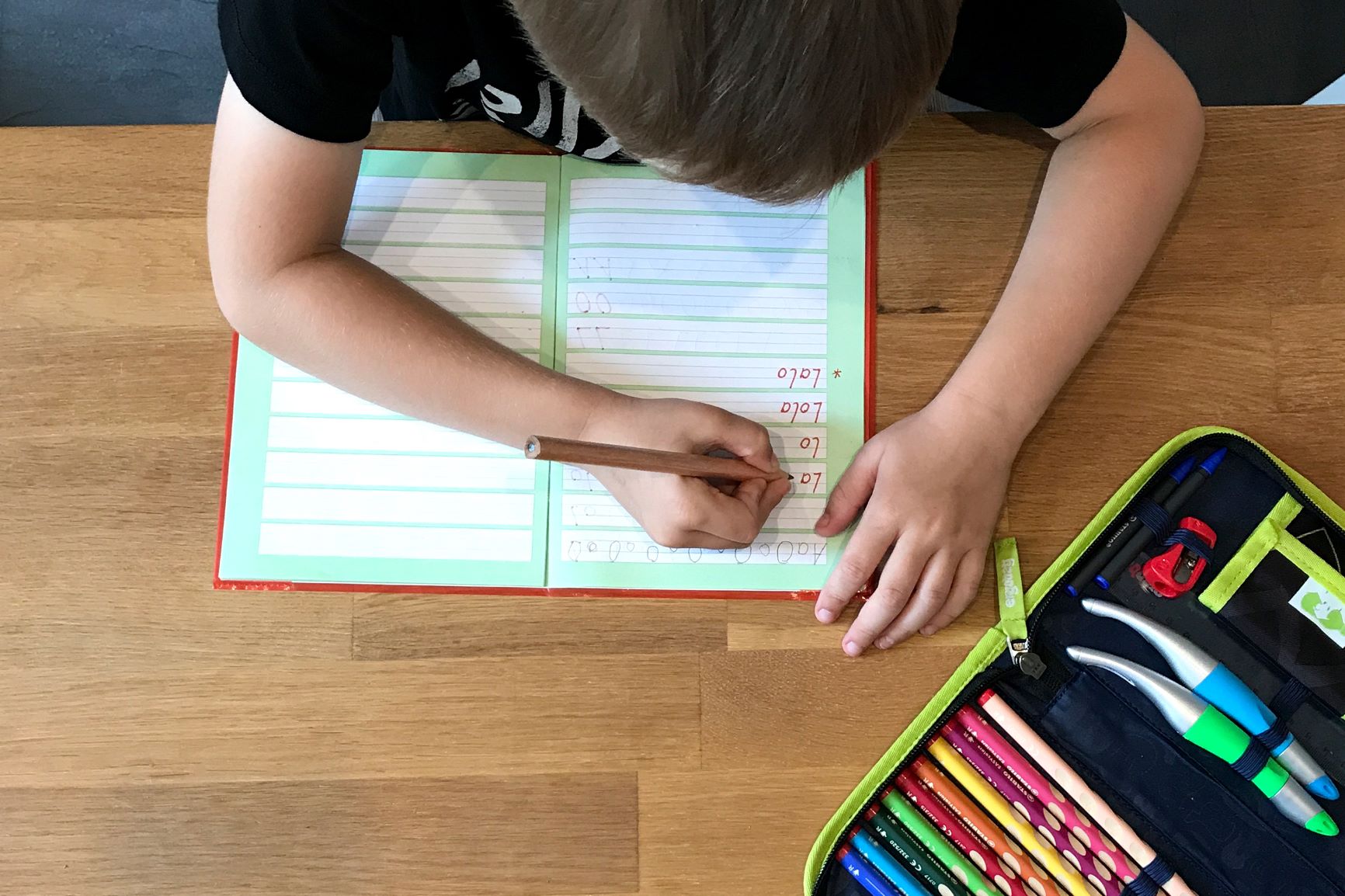Our topics:
Farewell frustration! How to make learning fun

Spelling an end to frustration
... because attitude, mindset and high self-esteem are at least equally important and crucial. Phrases like "I can't do it!" or "that is way too difficult for me!" can be self-fulfilling prophecies in many cases, causing learners to be reinforced in their lack of confidence and negative self-image. Successful achievements become less likely and frustration can easily turn into a mental block.
What are potential causes of learning difficulties?
Children who believe they lack talent will need a lot of persuading to be convinced that some hard work and effort could actually be worthwhile. Their inner belief will inhibit their curiosity and prevent them from engaging in a positive way with the subjects which they find difficult. It can help to talk in order to try and fathom out where the lack of confidence stems from and to allow children to give expression to the negative thoughts which they are carrying around with them. Moms and dads should also question their own attitude. Often parents are unaware that they are contributing to the insecurity of the young learners.
How can I reawaken my child's enthusiasm for learning?
Tips for children with an aversion to math:
- Put learning in the context of everyday life: illustrate how important numbers, sums and mathematics are in our day-to-day lives. Use examples which can be easily understood to put across your point, such as "if we didn't have a calendar, we wouldn't know how many days it is until your birthday!"
- Make counting fun: use play to entice your reluctant mathematician into the world of arithmetic, introducing Sudoku puzzles for children, reciting sums or counting steps to a favorite ice cream parlor – these things are fun and will help your child to engage with numbers at an entirely different level.
Four tips to encourage a desire to write
- Maintain contact through writing: send short family messages every day – by snail mail or email – which require a response from reluctant writers. Keep these messages short and sweet, pass on kind words, ask an important question or instruct them to do a little job, and they will bring you closer together and inspire the desire to write in a world far away from dictations and essays.
- Make writing beautiful: let your reluctant writer write out and decorate the shopping list – the little work of art can be hung over the dining table, for example, after the successful trip to the grocery store. As an extra surprise, add something else which wouldn't have been on the list otherwise.
Tips to encourage reluctant readers
- Organize reading times: arrange to meet for little family reading sessions and read an exciting book to the family over tea and cookies.
- Stop for a browse: call into the bookshop or library while you are in town and browse through unusual books so as to create new incentives to read.
Staying positive at all times and making learning an experience
Changes need time to work through and lead to success in the long term. Coax your child out of a negative attitude to learning with positive encouragement, showing patience and taking pleasure in being part of the development process of your child. As soon as learning becomes a pleasant experience, the most difficult part will be over and the tension on both sides will subside.
- Mental attitude matters: avoid stress and start learning when you are relaxed and in a good mood.
- A positive start… … is half the battle: express how excited you are at the prospect of what you are going to learn together by saying something like "today we're going to explore the world of multiplication and discover a cute little times table". This will make it much easier to get started and your child will be more likely to play along.
- Invite own ideas: prompt your child to develop his or her own learning methods and to get involved in the improvement processes – you will be surprised at the creative ideas which come out.
- Motivation is the key: decide together on a mission statement like "I will and I can!"
- Build positive memories: how did it feel to ride a bicycle for the first time without stabilizers? What was it like to be able to write your own name? Hang on to this feeling and remind each other of it at difficult times.
Remember: even Albert Einstein had to start somewhere. So a push in the right direction can work wonders. Incentives at the ready... steady... go!!



